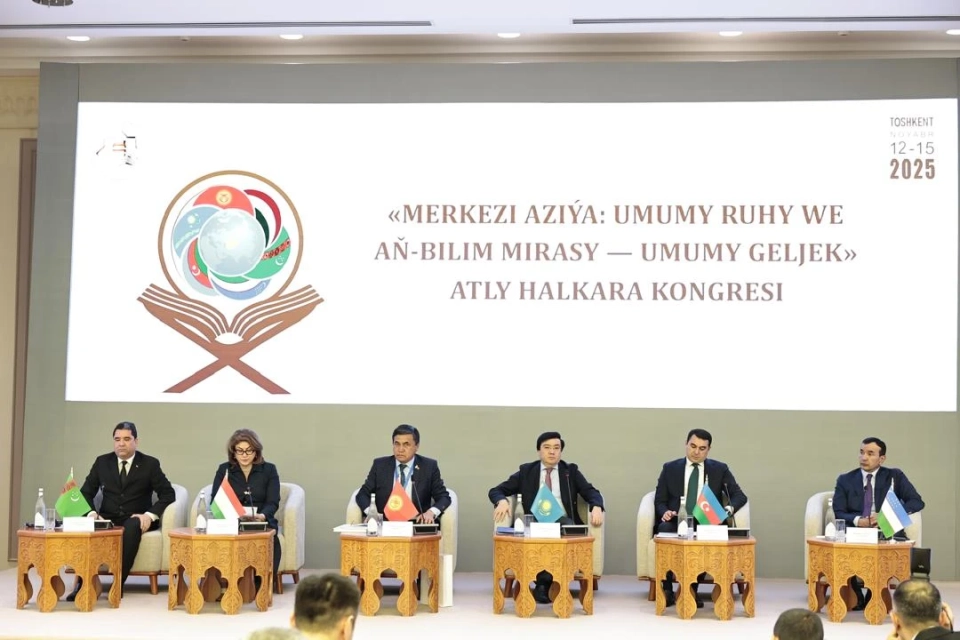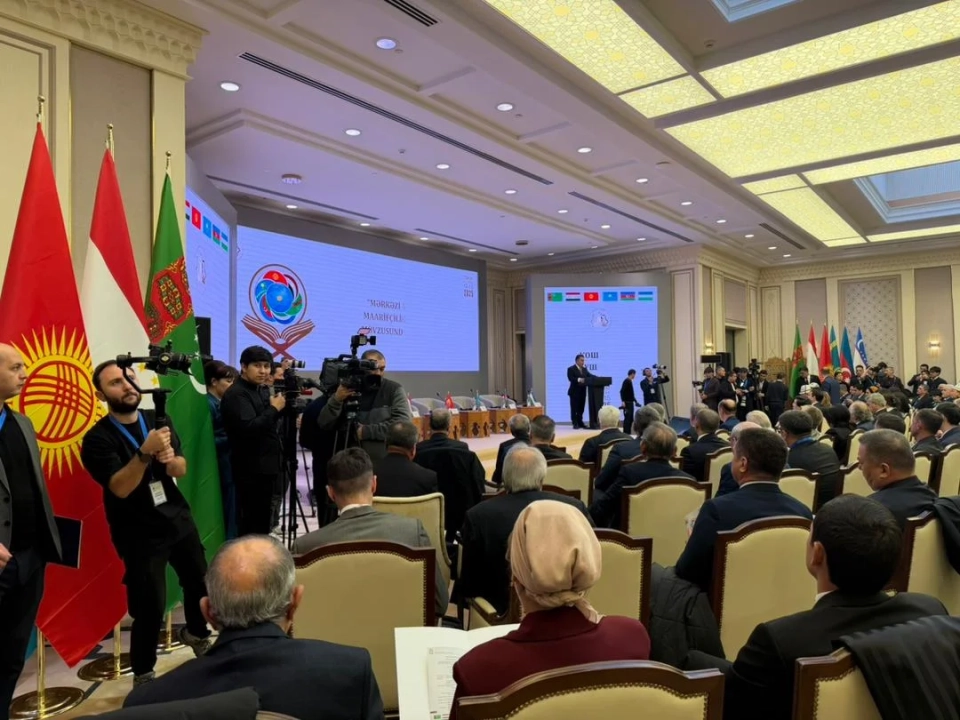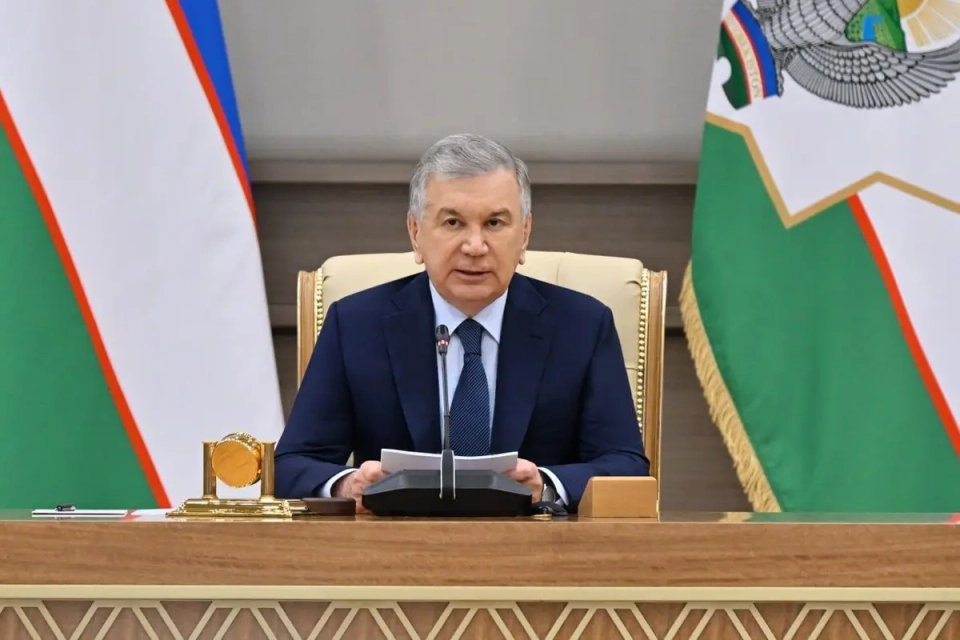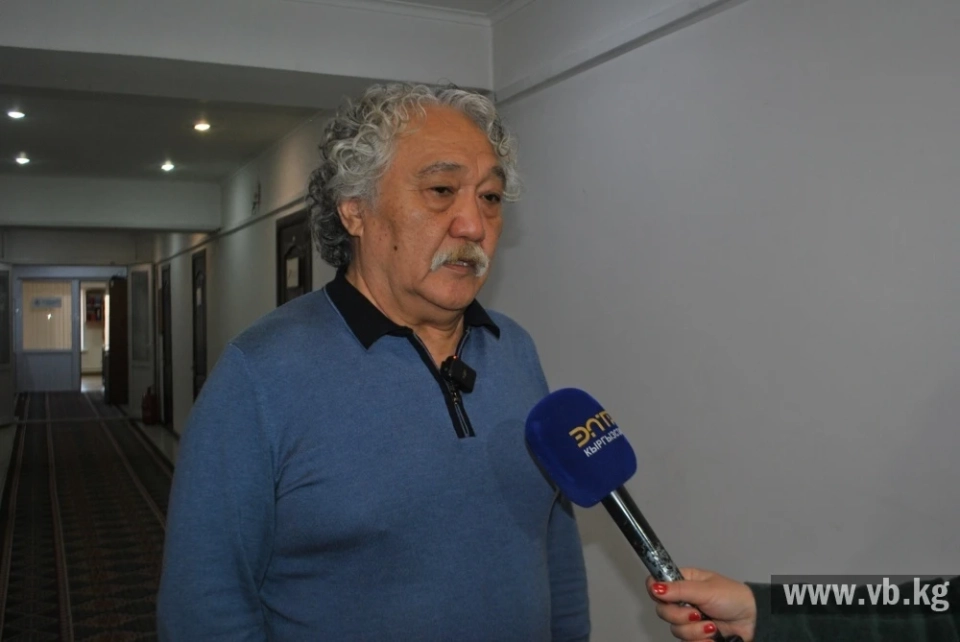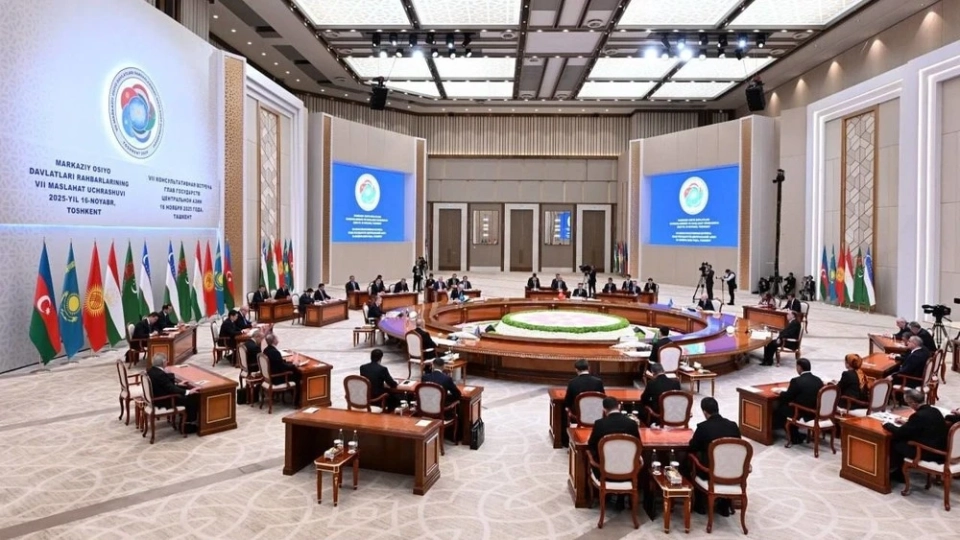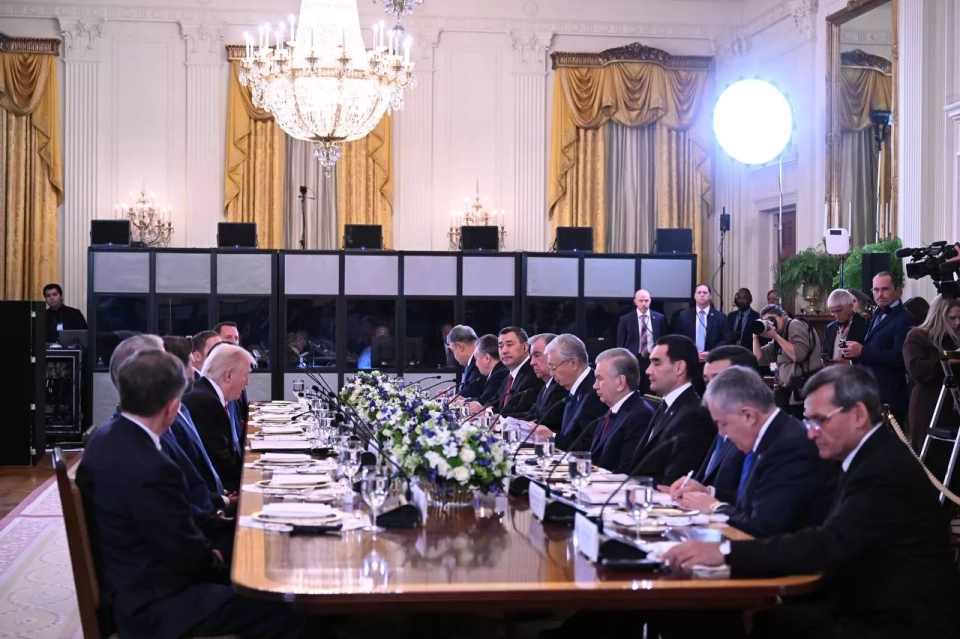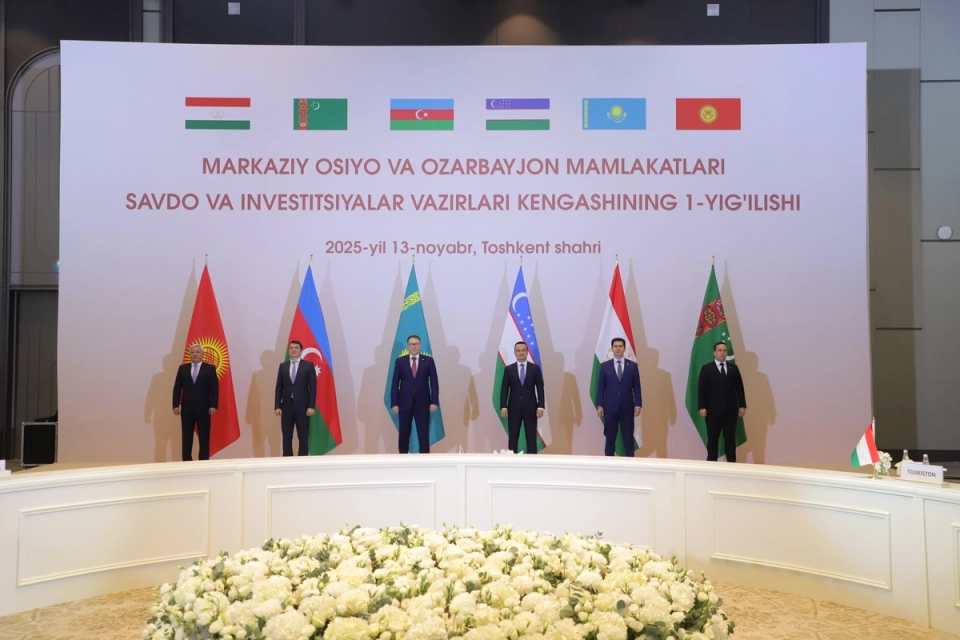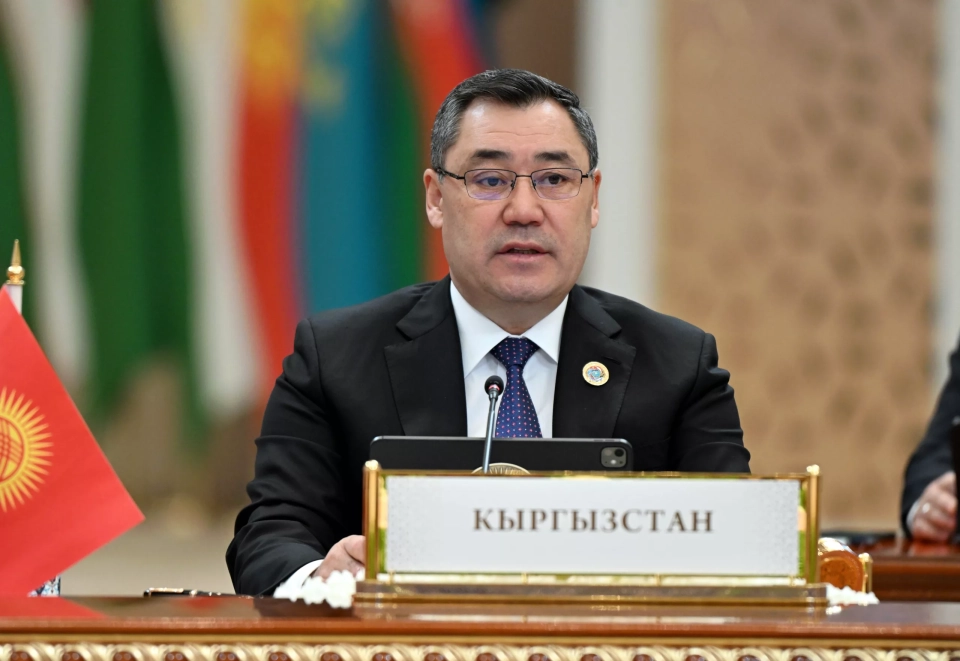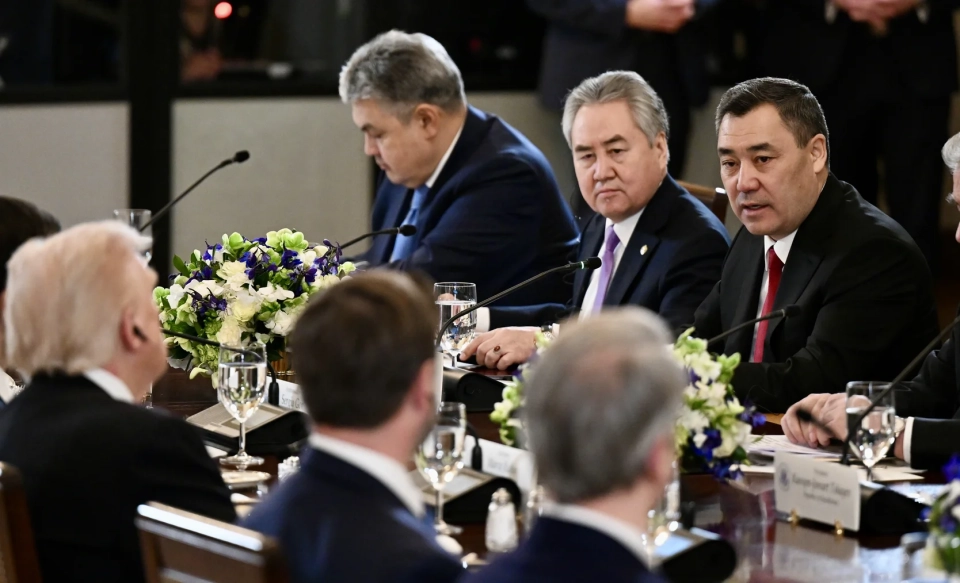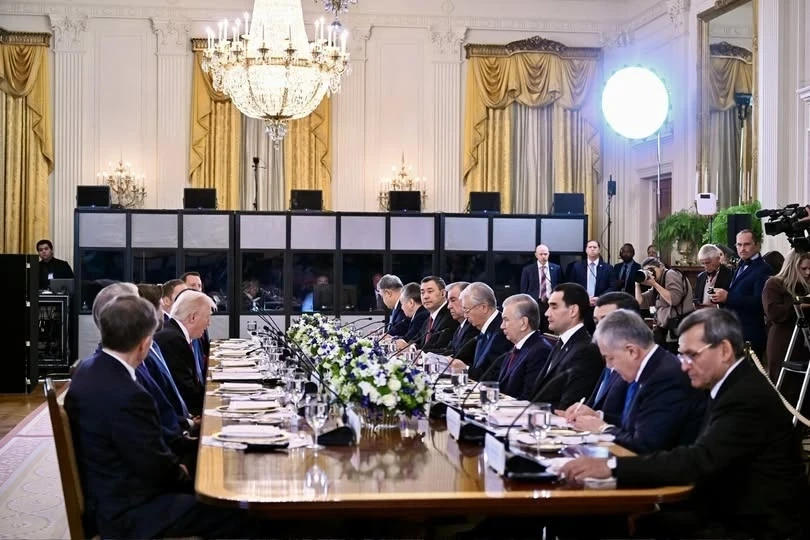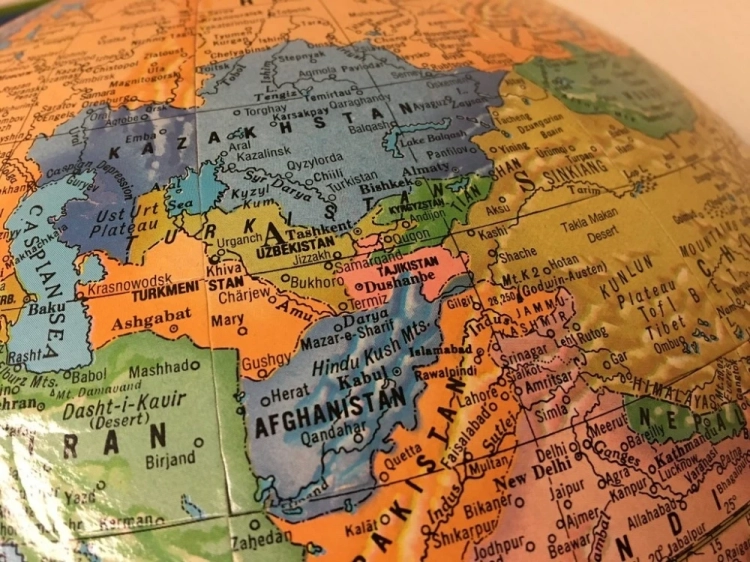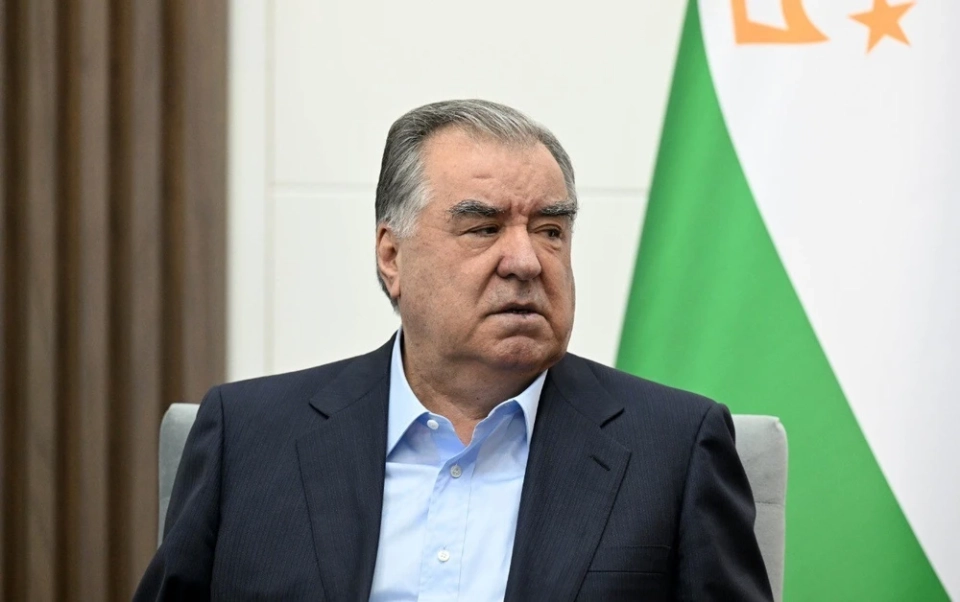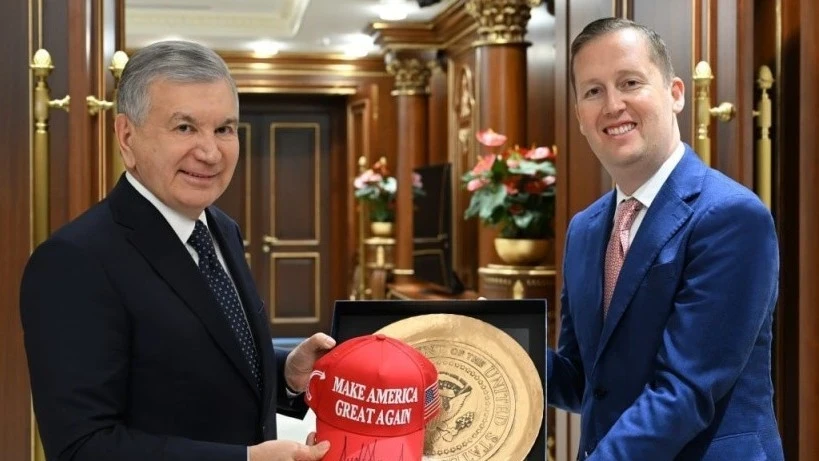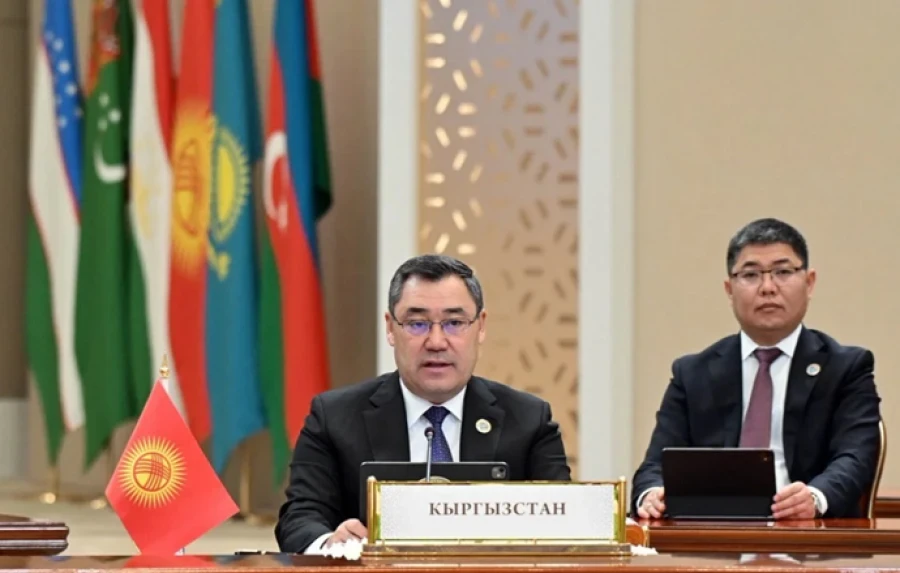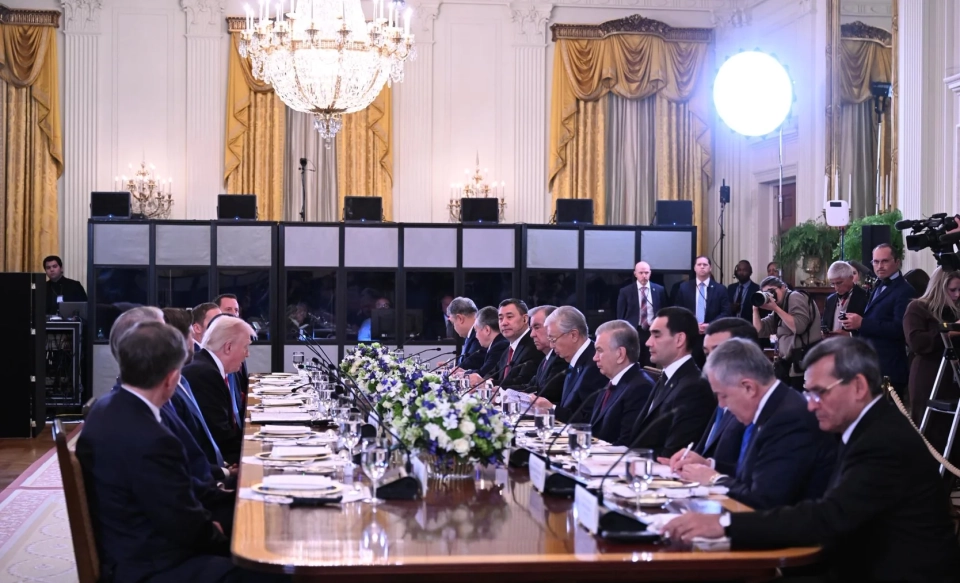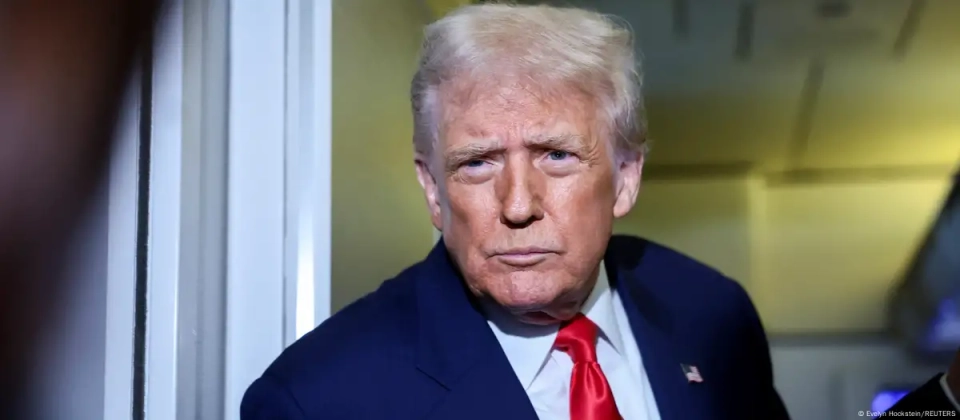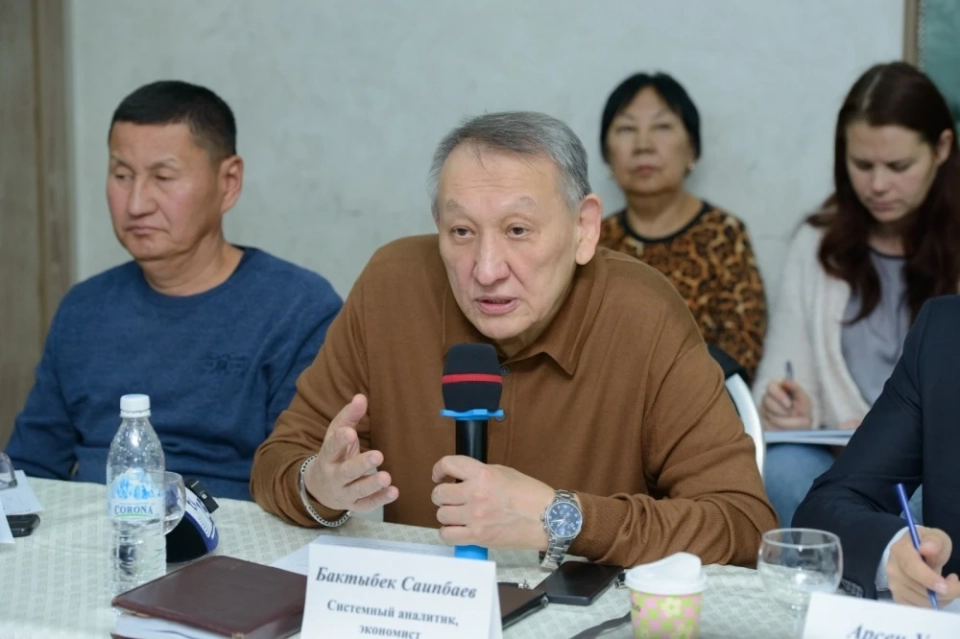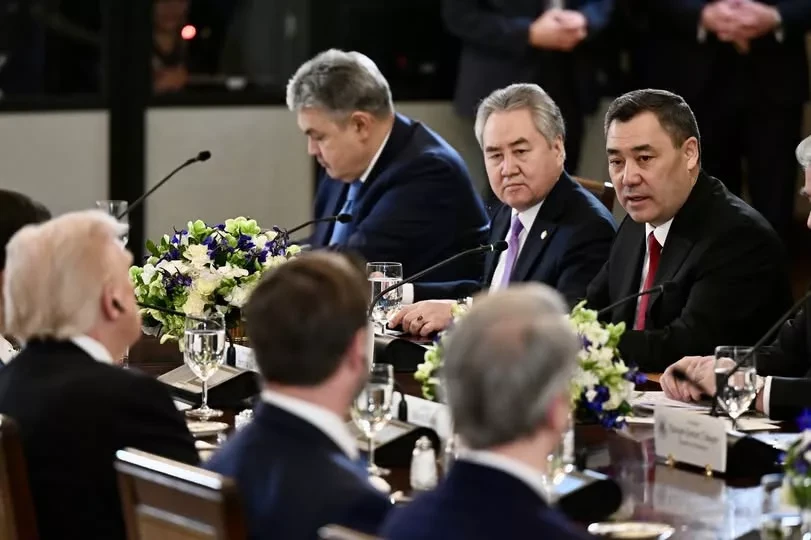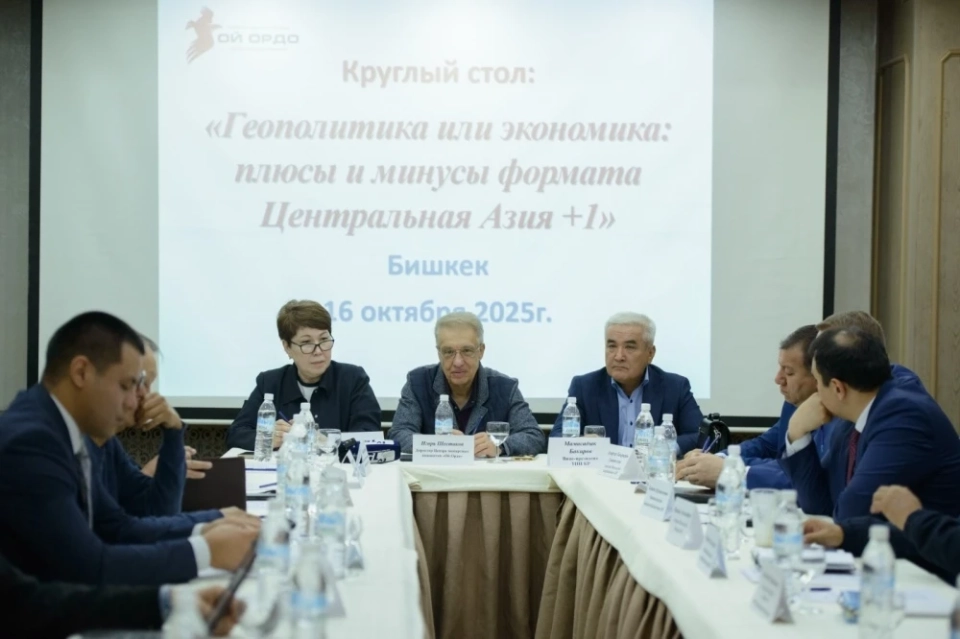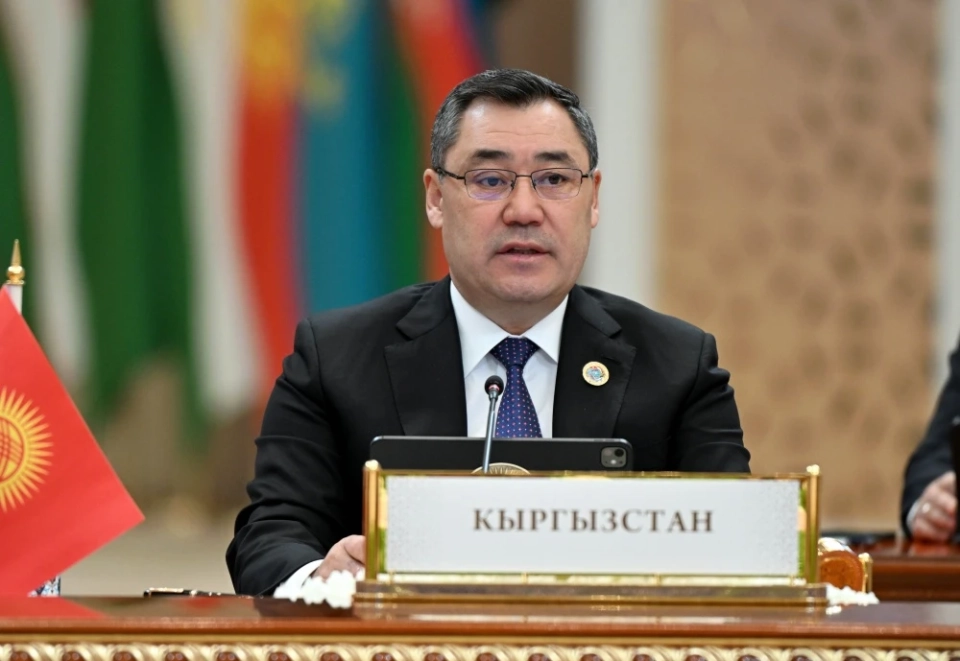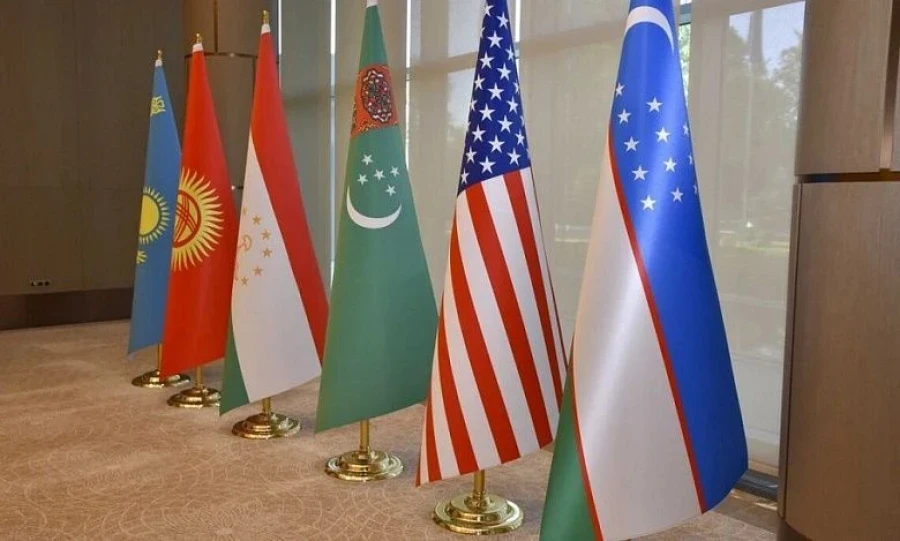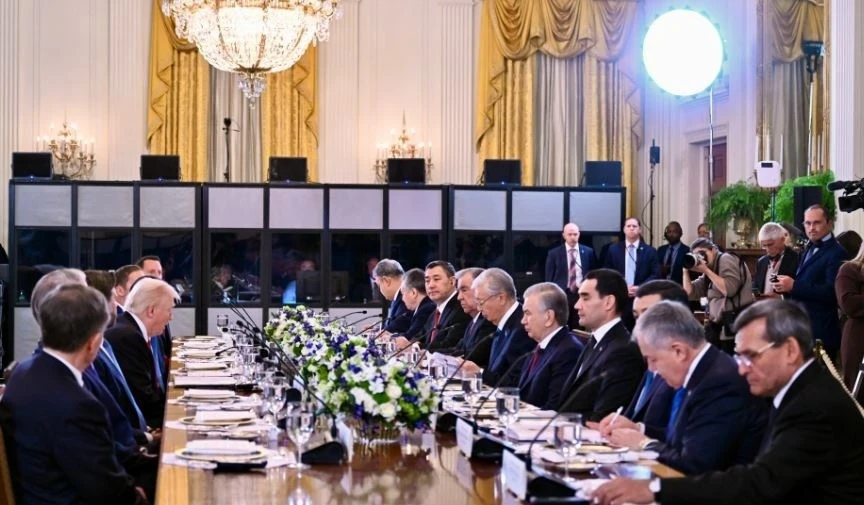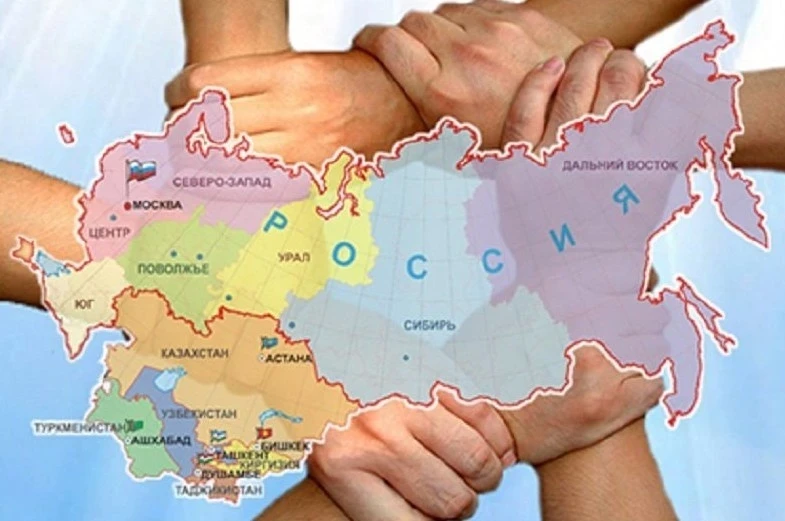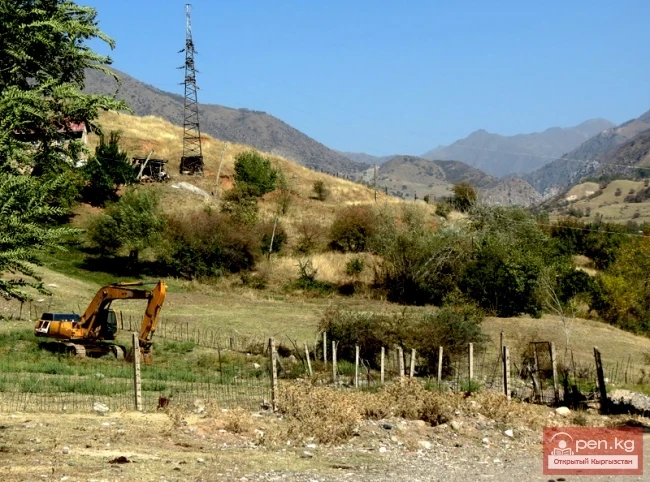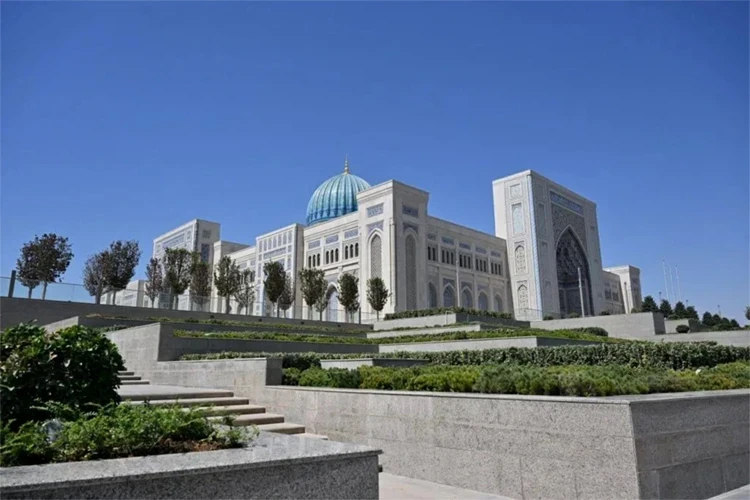
Photo 24.kg. Museum of Islamic Civilization
Central Asia on the brink of a new era
In his welcoming speech, the President of Uzbekistan, Shavkat Mirziyoyev, noted that in the context of escalating global conflicts, Central Asia serves as an example of constructive dialogue. He emphasized that the region's rich history, based on spiritual traditions and peaceful coexistence, is once again becoming a source of solutions for modernity."It is necessary to rely on science, enlightenment, and mutual understanding to maintain peace and strengthen intercivilizational dialogue," the president added.
Mirziyoyev expressed hope that the congress would lay the foundation for large-scale educational and research projects that would help strengthen ties between the countries of the region and Azerbaijan.
These thoughts continued his article "Central Asia on the brink of a new era," published on the eve of the forum, where he noted that the region is undergoing dynamic changes. Over the past seven to eight years, Central Asia has transitioned from isolation and distrust to active partnership.
Cooperation instead of division
The main concept of new thinking in the region is unity. While borders used to divide peoples, today they are becoming symbols of trust and cooperation.A historic event was the agreement on the delimitation of borders between Uzbekistan, Kyrgyzstan, and Tajikistan, which opened a new chapter in relations between neighbors. This creates conditions for political stability, which, in turn, contributes to economic growth: the combined GDP of Central Asian countries reached $520 billion, and external trade turnover has more than doubled over the past eight years.
Today, the countries of the region are viewed as a single block, opening up new opportunities for investment and cooperation formats.
The new political reality has also changed the perception of Afghanistan — it is now seen not as a threat but as a platform for opportunities.
Intellectuals of the region: challenges and prospects
Within the framework of the congress, eight thematic groups worked, discussing issues such as the preservation of historical heritage, the role of spirituality in education, the development of library science, and youth participation in the digital age.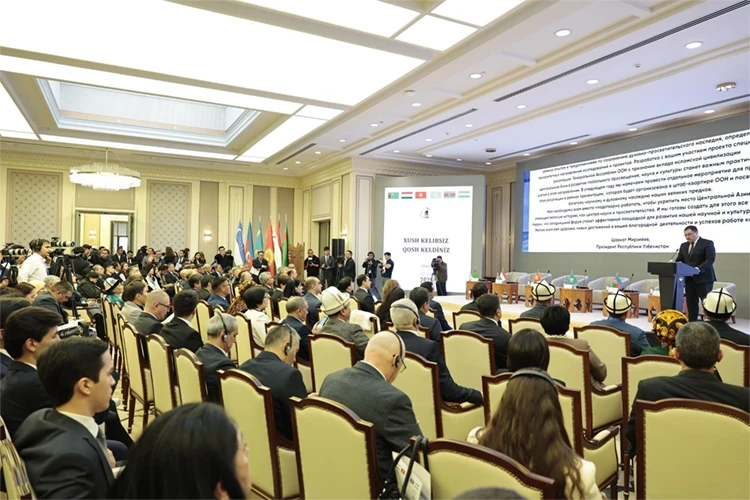
Each of the areas became a platform for interaction between cultural and scientific institutions of Central Asia and Azerbaijan.
Representatives of the creative and scientific elite of the region spoke at the forum. The head of the Writers' Union of Kyrgyzstan, Kanibek Imanaliev, highlighted the historical role of Tashkent as a spiritual center and emphasized the importance of preserving cultural heritage in the context of globalization and artificial intelligence.
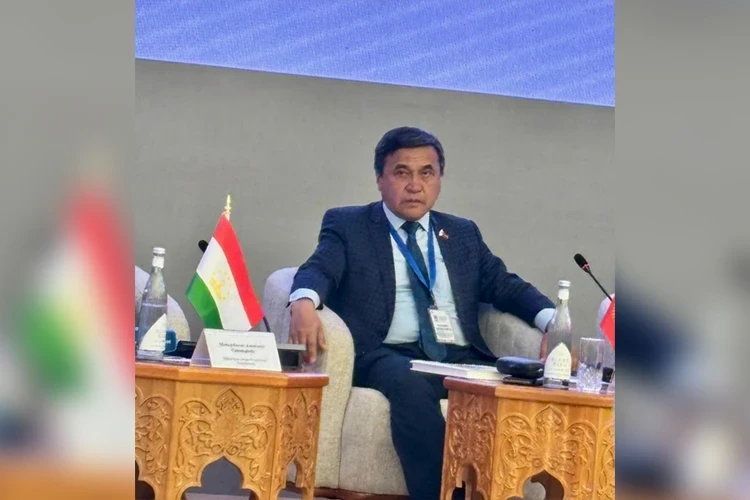
“For the first time, representatives of cinema, art, literature, and science from Central Asia and Azerbaijan have gathered on such a platform. It is important that we must unite to confront new threats that distort traditional canons of Islam and threaten the security of our states,” he stated.
Imanaliev proposed creating a regional literary award similar to the Nobel Prize, which could be awarded on Nowruz. This initiative is already being discussed at the expert level.
He also mentioned plans to celebrate the 100th anniversary of Chinghiz Aitmatov in 2028 at the UN General Assembly, which received support from Uzbekistan.
Center for Islamic Civilization: a symbol of enlightenment
As part of the congress, the Center for Islamic Civilization of Uzbekistan was opened in Tashkent — a large cultural and educational complex, with an official opening planned for March 2026.Covering an area of 10 hectares, it houses a unique museum and research center that has gathered manuscripts and artifacts reflecting the region's contribution to Islamic science and culture. It includes a hall of the Holy Quran, which houses one of the oldest manuscripts in the world — the "Mushaf of Uthman".
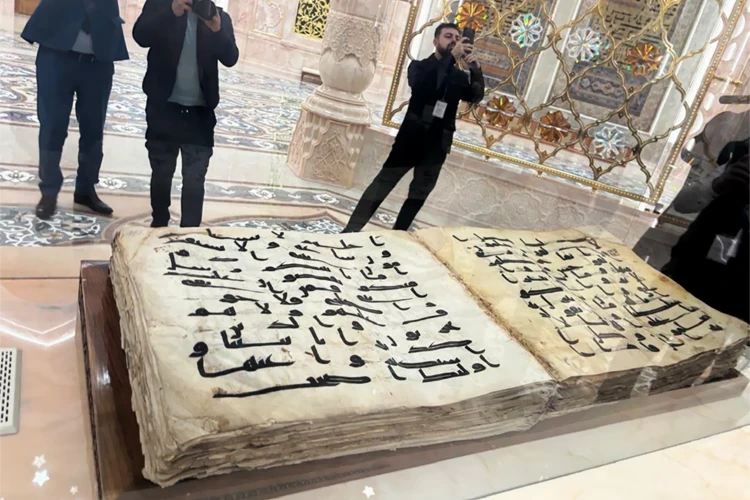
As noted by the director of the center, Firdavs Abduhalikov, the idea of creating the complex belongs to the President of Uzbekistan and was voiced in 2017 at the UN podium: “It is necessary to convey to the world the true meaning of Islam as a religion of peace and enlightenment.”
Architects and craftsmen from 40 countries participated in the project over eight years. Excursions and presentations were organized for the congress participants, including interactive installations with "talking figures" in different languages.
One of these figures is Rahmatullo Japarov, the head of the Kyrgyz cultural center in Uzbekistan, who spoke about his multi-generational connection with the Kyrgyz people.
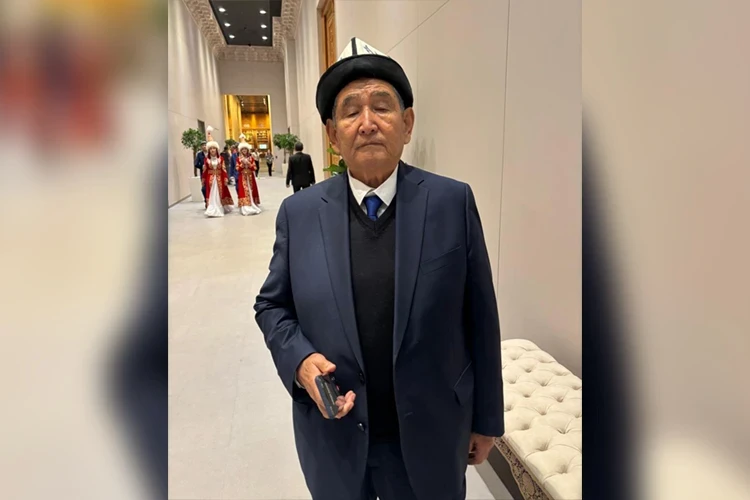
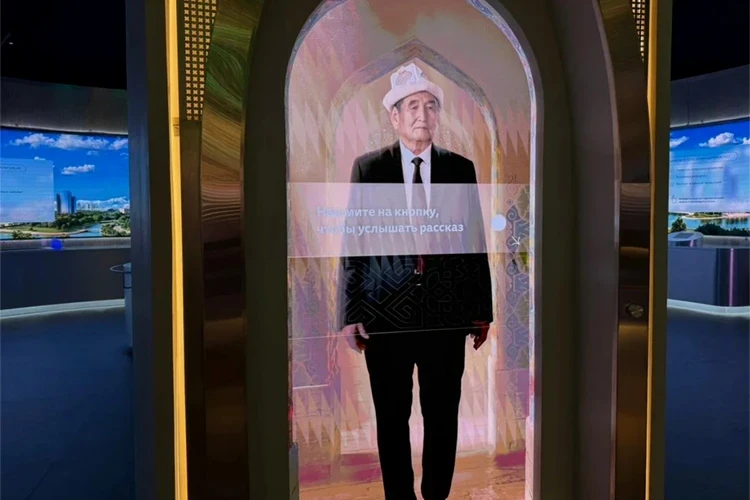
The regional Kyrgyz cultural center was founded in 1992, and opened in Tashkent in 1995. Japarov noted that their work is aimed at preserving the Kyrgyz language and culture, as well as uniting Kyrgyz people in Uzbekistan.
According to official data, more than 300,000 Kyrgyz live in Uzbekistan, and they maintain a connection with their homeland. We often visit Kyrgyzstan, where we have relatives and friends.
Rahmatullo Japarov
The head of the center expressed gratitude for the opening of borders and the establishment of connections between peoples.
In Uzbekistan, there are about 50 schools with Kyrgyz as the language of instruction, equipped with textbooks. In the Jizzakh region, there is a village called Manas, where the "Marzhan" ensemble is organized, considered one of the best.
A forum shaping the future of the region
The international congress in Tashkent became an important milestone on the path to strengthening cultural unity. It took place on the eve of the VII Consultative Meeting of the Heads of State of Central Asia and became the intellectual foundation for further political and cultural integration.In the face of global challenges, Central Asia and Azerbaijan demonstrate that spiritual heritage is not only a reflection of the past but also a resource for the future, and unity based on enlightenment and respect is a strategic choice that can determine the fate of the region for many years to come.
